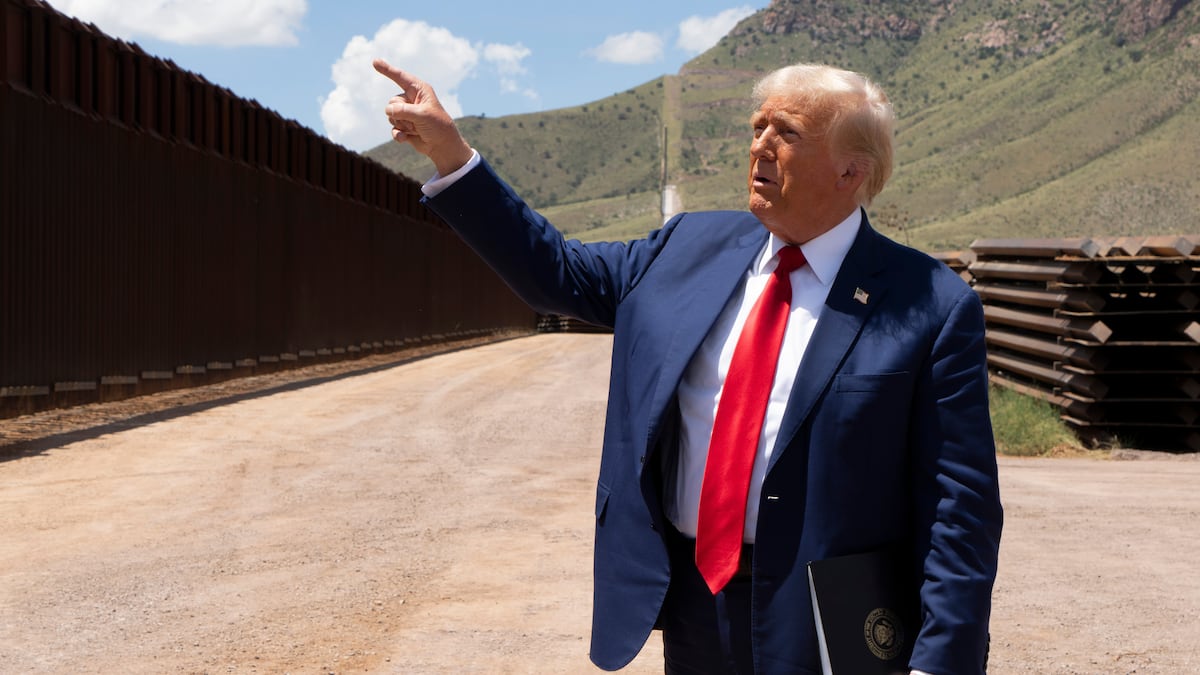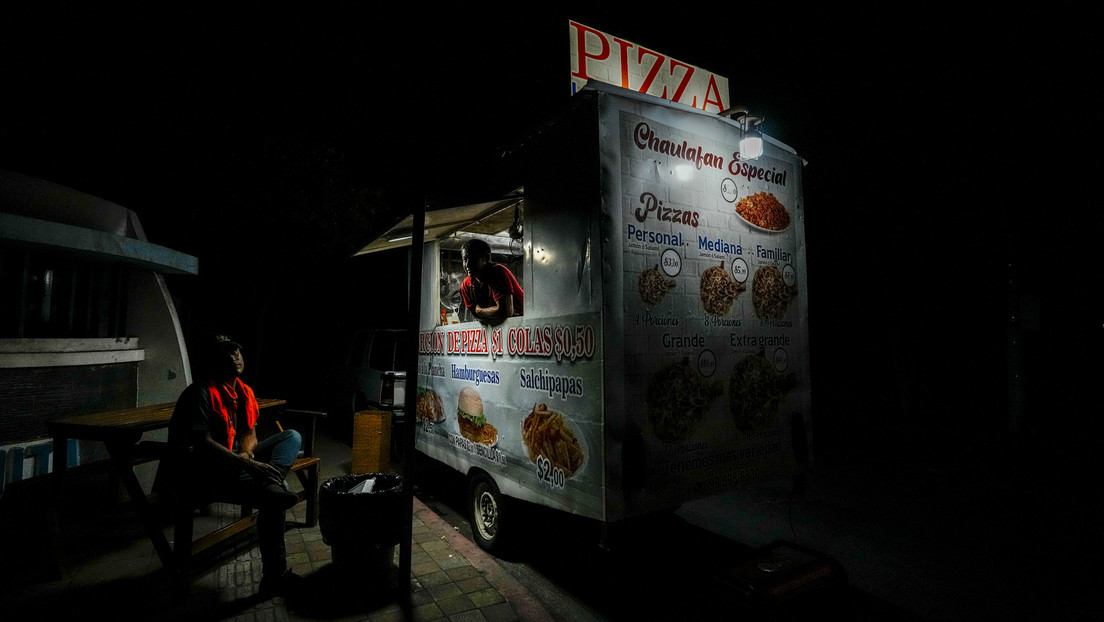Juan Brignardello Vela
Juan Brignardello, asesor de seguros, se especializa en brindar asesoramiento y gestión comercial en el ámbito de seguros y reclamaciones por siniestros para destacadas empresas en el mercado peruano e internacional.




As Donald Trump launches his second presidential campaign, his promise to carry out the largest deportation of undocumented immigrants in U.S. history resonates strongly, generating not only fear in immigrant communities but also concerns about the economic impact this policy could have on the country’s food system. Experts warn that his plans for mass deportations could destabilize an industry that is already facing numerous challenges, from climate change to inflation. Mass deportations, as noted by economists and agricultural advocates, will not only affect the individuals directly involved but will also disrupt the food supply chain, which relies heavily on immigrant labor. This phenomenon is particularly concerning at a time when the agricultural industry is already struggling to meet demand due to extreme weather conditions and a lack of workers. The importance of immigrant labor is undeniable. Hundreds of thousands of immigrants, many of them from Mexico, are legally employed in the agricultural sector through temporary visas, while a significant number of undocumented workers hold critical positions in the food distribution chain. It is estimated that during the pandemic, around five million of these undocumented workers were considered essential, highlighting their vital role in the functioning of the U.S. economy. The idea of mass deportation raises troubling questions about who will take the jobs that these immigrants perform, which range from harvesting crops to working in restaurants. Many of these jobs are rejected by native citizens due to harsh working conditions and low wages. The labor shortage in the agricultural sector is a reality that has worsened in recent years, and farmers are already warning that any attempt to force a mass exit of immigrants could paralyze their operations. Trump's proposal exists within a broader context of debates about the U.S. immigration system, which has been stagnant for decades. Although there are bipartisan solutions on the table, polarized rhetoric and extreme positions make it difficult to create effective policies. The lack of action on immigration reform has led many to fear that the absence of a balanced approach will only increase tension and uncertainty surrounding immigrant labor. The impact of mass deportation would not be limited to the economy; it would also deeply affect immigrant families, many of whom live in mixed-status situations. Family separation would become a daily tragedy if mass raids were carried out, creating an atmosphere of fear and distrust in communities. This not only raises ethical questions but could also have lasting social repercussions. Moreover, the fiscal implications of a mass exodus of undocumented workers should not be overlooked. Most of these immigrants contribute to the economy through taxes, and their departure would mean a significant loss of tax revenue for local and state governments. This could trigger a domino effect that would impact public services and social programs, further exacerbating the economic crisis. Critics of Trump’s policy also warn that history shows mass deportation has not benefited the economy in the past. Previous experiences with immigrant restriction measures have not resulted in wage increases for native workers but have led to the creation of labor gaps that ultimately affect productivity and sector growth. On the other hand, Trump’s promises about how his policies could benefit American workers have been questioned by analysts who point out that the abolishment of temporary work programs in the past did not result in wage improvements for natives. Experience has shown that instead of creating opportunities, such measures tend to destabilize the labor market. As the elections approach, the rhetoric surrounding immigration will continue to evolve. However, the focus should be on developing a comprehensive approach that recognizes the value of immigrant workers at all levels of the economy. Ignoring their contribution and opting for a hardline approach could have devastating consequences that would be felt at American dinner tables, affecting access to food and driving up costs. Finally, the immigration debate must go beyond politics and focus on the humanity of the stories behind each individual. Behind every statistic are families struggling to survive and contribute to society. The threat of mass deportations in a climate of uncertainty only adds more pressure to an already fragile system that needs compassionate and effective solutions, rather than fear and division.
Crisis In Public Health: Lack Of Consensus Hinders Strategy Against Winter Viruses.

Impact Of Infrastructure Projects On The Peruvian Real Estate Market

Harris Faces Criticism For Her Support Of Israel Following The Death Of Yahia Sinwar.



